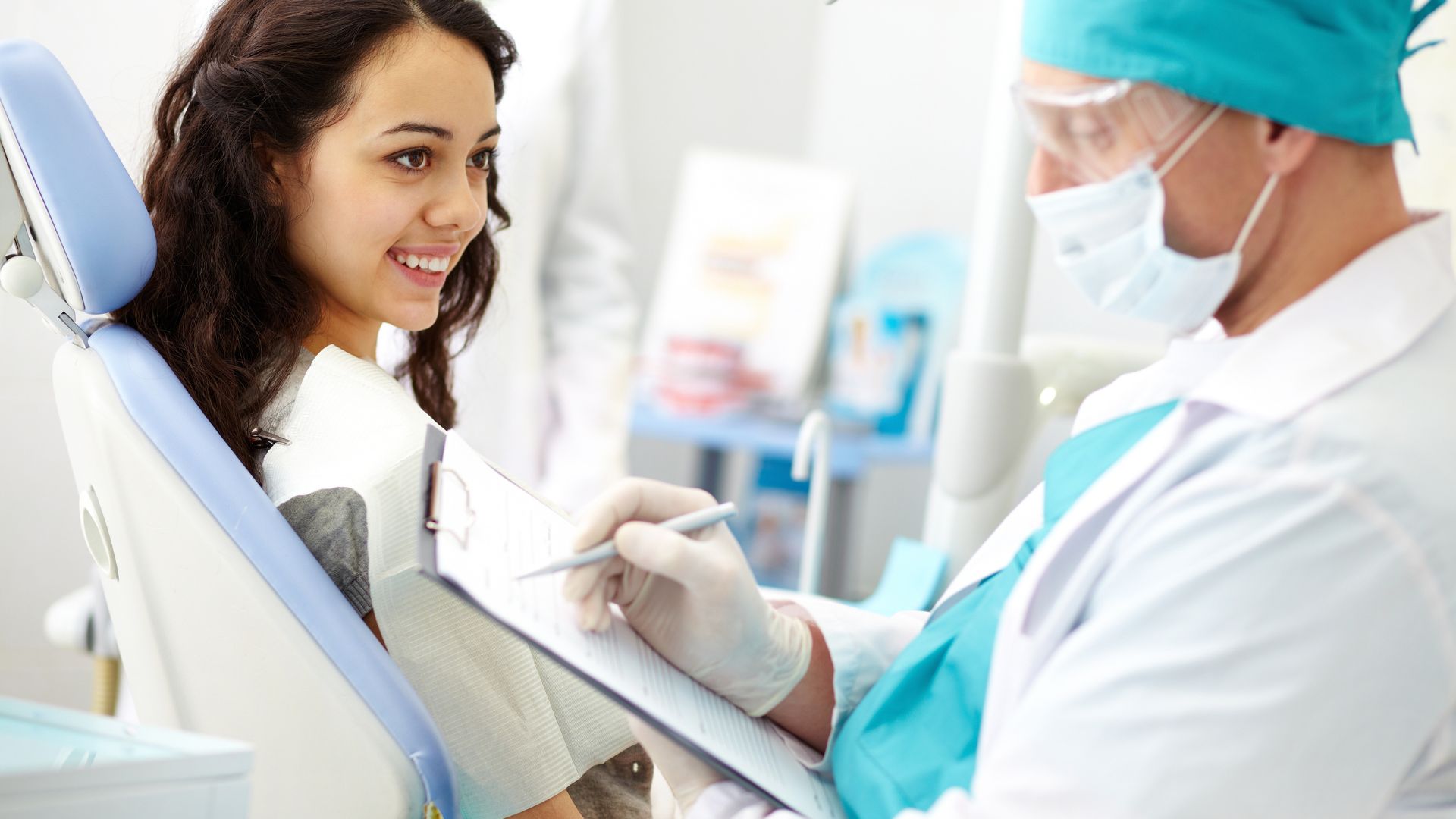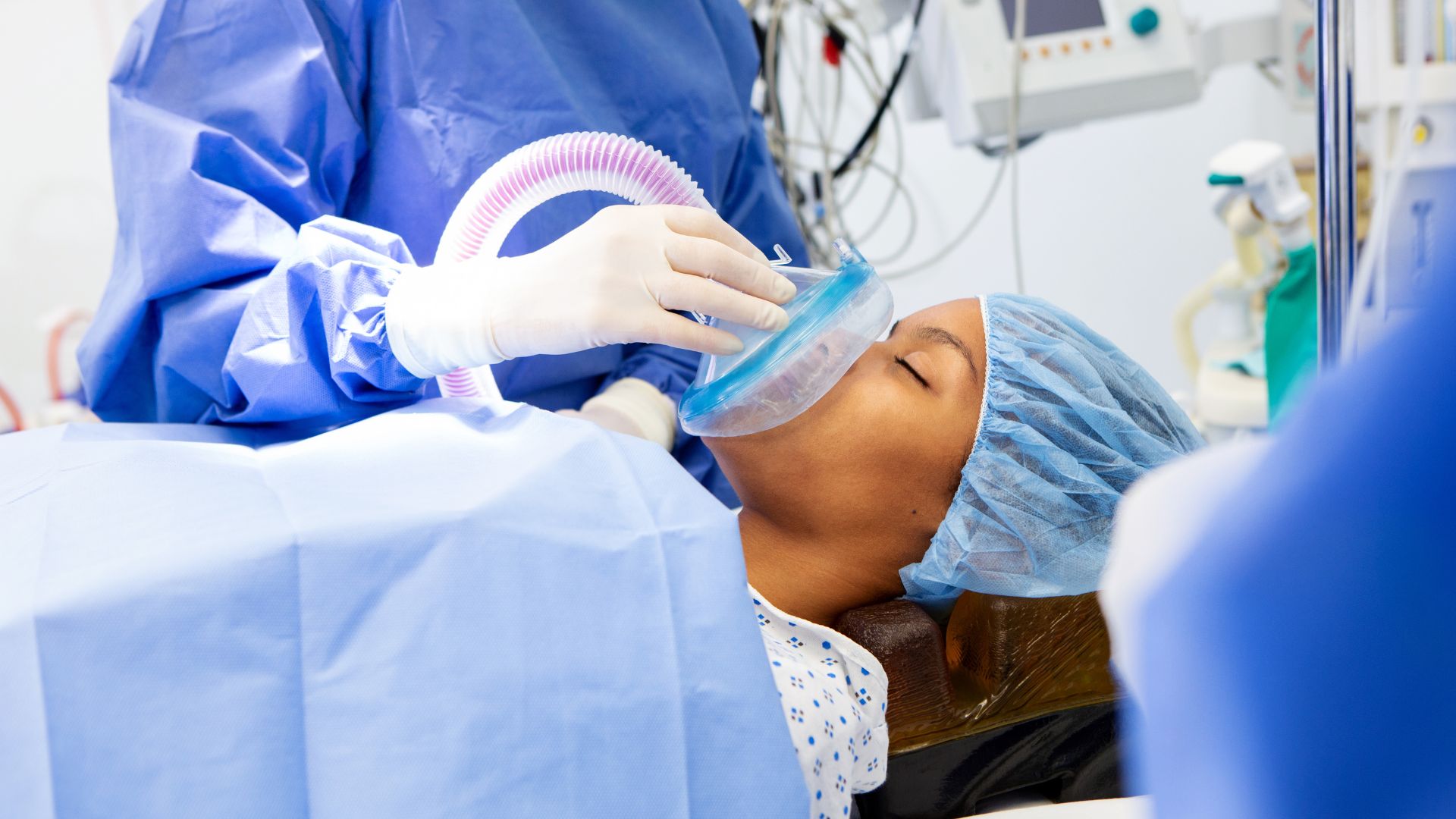Oral surgery is a significant step toward improving your oral health, functionality, and overall well-being. Whether you’re undergoing a wisdom tooth extraction, dental implant placement, jaw surgery, or facial reconstruction, proper preparation can make a significant difference in your experience and recovery.
At Atlanta Oral and Facial Surgery (AOFS), we are committed to providing exceptional surgical care with a focus on patient comfort and successful outcomes. To help you prepare for your upcoming oral surgery in Atlanta, GA, we’ve put together a comprehensive guide on the best practices to follow before, during, and after your procedure.
Have questions about your upcoming surgery? Contact us at [email protected].
Why Preparation Matters for Oral Surgery
Oral surgery involves precise procedures that require careful planning to ensure a smooth experience and faster healing. Proper preparation can help:
Reduce anxiety by knowing what to expect
Minimize risks and complications
Ensure a faster and more comfortable recovery
Improve the success rate of your procedure
Following the right steps before surgery can make a significant difference in your overall experience and results.
1. Schedule a Consultation with Atlanta Oral and Facial Surgery
Before any oral surgery, the first step is a comprehensive consultation with your board-certified oral surgeon at AOFS. This appointment allows us to:
Evaluate your oral and overall health
Review necessary medical history and medications
Discuss sedation and anesthesia options
Provide pre-surgical and post-surgical care instructions
During your consultation, be sure to ask questions about your procedure, expected recovery time, and any concerns you may have.
2. Follow Pre-Surgical Instructions from Your Oral Surgeon
Your oral surgeon at AOFS will provide specific pre-operative instructions based on your health, procedure type, and sedation method. These may include:
If You’re Receiving IV Sedation or General Anesthesia:
Fasting: Do not eat or drink anything for at least 8 hours before your procedure.
No Alcohol or Caffeine: Avoid alcohol and caffeine for at least 24 hours before surgery.
Arrange Transportation: You must have a responsible adult drive you home after surgery.
Wear Loose, Comfortable Clothing: Avoid jewelry, makeup, and contact lenses on the day of surgery.
If You’re Receiving Local Anesthesia Only:
Eat a Light Meal Before Surgery: A small meal is acceptable unless instructed otherwise.
Take Prescribed Medications as Directed: If your surgeon advises taking medication before surgery, follow instructions carefully.
Following these guidelines ensures your safety and helps your surgery go smoothly.
3. Organize Your Recovery Area at Home
Setting up a comfortable recovery space at home before surgery can make your healing process easier and more convenient. Prepare by:
Creating a comfortable resting area (pillows, blankets, and a recliner or elevated bed)
Stocking up on ice packs to minimize swelling
Buying soft foods and liquids (yogurt, soup, applesauce, smoothies)
Picking up prescribed medications in advance
A well-prepared recovery space can help you rest and heal faster after your surgery.
4. Plan Your Post-Surgery Diet
Proper nutrition is crucial for healing and avoiding complications after oral surgery. Stick to soft, easy-to-eat foods for the first few days, such as:
Blended soups and broths
Applesauce and mashed fruits
Protein shakes and smoothies (avoid straws)
Scrambled eggs, yogurt, cottage cheese
Oatmeal and mashed potatoes
Foods to Avoid After Surgery:
Crunchy or hard foods (chips, nuts, popcorn)
Spicy or acidic foods (citrus, tomatoes)
Hot beverages (coffee, tea) for the first 24 hours
Carbonated drinks and alcohol
Proper nutrition speeds up recovery and prevents complications such as dry socket or infection.
5. Avoid Smoking and Alcohol Before Surgery
Smoking and alcohol consumption can severely impact your healing process by:
Slowing down blood clot formation
Increasing infection risks
Delaying tissue and bone healing
For optimal healing, stop smoking at least 2 weeks before and after surgery.
6. Arrange for Transportation and Assistance
Most oral surgeries, especially those requiring IV sedation or general anesthesia, require you to have a responsible adult accompany you.
Make sure you have someone to drive you home and stay with you for at least 24 hours after surgery.
If you have children or pets, arrange for additional help while you recover.
Having a trusted friend or family member assist you can make your post-surgery experience much easier.
7. Know What to Expect on Surgery Day
Arrive on time at Atlanta Oral and Facial Surgery for your appointment.
Bring any necessary paperwork (insurance, ID, medical history).
Wear comfortable clothing and remove jewelry, contacts, and makeup.
Following these simple steps ensures a smooth check-in and stress-free experience.
8. Follow Post-Surgery Recovery Guidelines
After surgery, your oral surgeon will provide detailed recovery instructions to ensure a smooth healing process.
Rest and limit physical activity for at least 24-48 hours
Apply ice packs to reduce swelling (20 minutes on, 20 minutes off)
Take medications as prescribed (painkillers, antibiotics)
Follow proper oral hygiene practices (gentle rinsing with saltwater after 24 hours)
Avoid smoking, drinking alcohol, and using straws to prevent dry socket
Adhering to your post-op instructions is key to a safe and speedy recovery.
FAQs About Preparing for Oral Surgery
Q1: How long before oral surgery should I stop eating?
If you’re undergoing IV sedation or general anesthesia, stop eating and drinking at least 8 hours before surgery.
Q2: What should I wear to my oral surgery appointment?
Wear loose, comfortable clothing with short sleeves (for IV access) and avoid jewelry, makeup, and nail polish.
Q3: How can I reduce anxiety before surgery?
Ask questions during your consultation
Practice deep breathing and relaxation techniques
Trust in the expertise of our board-certified surgeons at AOFS
Q4: How soon can I return to work or school after oral surgery?
Most patients take 2-3 days off, but recovery time depends on the procedure. Follow your surgeon’s advice for the best results.
Schedule Your Oral Surgery with Atlanta Oral and Facial Surgery Today!
At Atlanta Oral and Facial Surgery, we provide top-tier surgical care, advanced technology, and expert patient guidance to ensure a seamless oral surgery experience.
Need more guidance? Contact us at [email protected] or schedule a consultation today!



